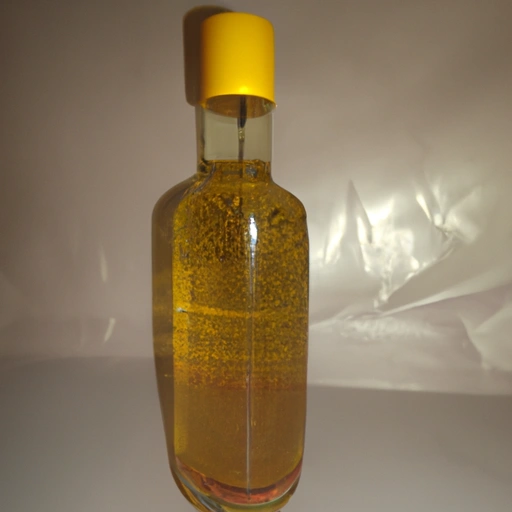Mustard Oil
Description

Mustard oil, derived from the pressing of mustard seeds, is a pungent, flavorful cooking oil with a high smoke point, making it ideal for frying and sautéing. Known for its strong aroma and taste, mustard oil is a staple in many cuisines, particularly in South Asian and Southeast Asian cooking. Its use is not limited to cooking; it also finds application in pickling and preserving. Mustard oil is available in various grades and can be used both as a flavor enhancer and as a cooking medium.
Common uses
Mustard oil is commonly used in cooking for its robust flavor and high smoke point. Apart from culinary applications, it is used for skin and hair care and is believed to have anti-bacterial and anti-fungal properties.
Nutritional value
Calories
On average, a tablespoon (14g) of mustard oil contains about 124 calories.
Protein
Mustard oil is not a significant source of protein.
Fat
Each tablespoon of mustard oil typically contains 14 grams of fat, predominantly in the form of polyunsaturated and monounsaturated fats.
Carbohydrates
Mustard oil contains negligible amounts of carbohydrates.
Vitamins
It is particularly high in Vitamin E, with 1 tablespoon providing about 2.8mg (18.7% DV).
Minerals
Mustard oil contains trace amounts of minerals such as selenium and magnesium.
Health benefits
Mustard oil is noted for its high levels of monounsaturated and polyunsaturated fatty acids, which can contribute to heart health. It may also have anti-inflammatory properties and contribute to skin and hair health due to its Vitamin E content.
Potential risks
Mustard oil contains erucic acid, which has been found to have adverse health effects in animal studies when consumed in large amounts. Its use as a cooking oil is regulated in some countries due to this concern.
Common recipes
Mustard oil is used in recipes like Indian pickles, Bengali fish curry, and Tadka for dals.
Cooking methods
It is ideal for frying, sautéing, and seasoning dishes.
Pairing with other ingredients
Mustard oil pairs well with vegetables like cauliflower, potatoes, and bitter greens, meats like chicken and fish, and enhances the flavor of spices used in South Asian cooking.
Summary
Mustard oil is a versatile ingredient known for its unique flavor, nutritional benefits, and versatile use in cooking. While it offers several health benefits, its use should be moderated due to potential risks associated with erucic acid content.